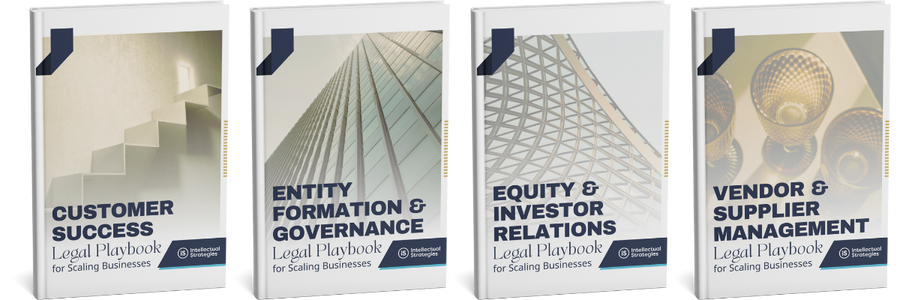FREQUENTLY ASKED QUESTIONS
What is startup law?
Startup law refers to the legal services and strategies tailored for early-stage companies, covering formation, founder agreements, equity, IP, hiring, and fundraising.
When should a startup first hire a lawyer?
Ideally before signing agreements, hiring team members, or raising capital. Early legal strategy helps prevent costly mistakes and protects your IP and equity.
Do I need a lawyer to incorporate my startup?
You can use online tools, but working with a startup lawyer ensures you choose the right entity, structure founder equity properly, and avoid downstream tax or IP issues.
What’s the best legal structure for a startup?
It depends, but Delaware C Corporations are common for venture-backed startups. We help assess the right structure based on your goals, investors, and industry.
Can I use a template for founder or investor agreements?
You can, but templates often lack important protections or clarity. We tailor agreements to your specific relationships, risk tolerance, and growth plan.
What legal documents does a startup need in its first year?
Typical essentials include: formation docs, bylaws or operating agreements, IP assignment agreements, NDAs, employment/contractor agreements, and cap table setup.
What’s the difference between vesting and ownership?
Vesting is a time-based right to earn equity. You may “own” shares on paper but still be subject to vesting rules. We help founders implement smart vesting strategies.
How can I protect my startup’s intellectual property early on?
Start with IP assignment agreements, NDAs, and trademark filing strategy. We guide founders on what to register, when, and how to structure ownership.
Do I need to register a trademark right away?
Not always, but you should search for conflicts and secure branding IP before you launch publicly. We advise on timing, filing, and brand protection strategy.
Can a lawyer help us raise our first round of funding?
Yes. We help with SAFE notes, convertible notes, investor documents, and equity terms—plus due diligence and clean cap table structuring.
What legal risks should I watch out for as a founder?
Co-founder misalignment, IP ownership gaps, bad contracts, misclassified workers, and unclear equity deals are top risks we help prevent.
Do you only work with Delaware corporations?
No. We work with LLCs and corporations across the U.S., and help convert or restructure entities as your business evolves or raises capital.
What if I already launched and need to clean things up?
No problem. We often come in after formation to clean up documents, clarify equity, assign IP, and align your legal structure with your business model.
What if I’m not ready to hire a lawyer full-time?
That’s exactly what our Fractional Legal support is for. We offer flat-fee startup law guidance, scalable as you grow, without the cost of in-house legal.
What makes Intellectual Strategies different from other startup law firms?
We don’t just file paperwork. We align legal strategy with your business plan. As a Fractional Legal Team, we offer proactive support, startup-specific playbooks, and founder-first communication.











